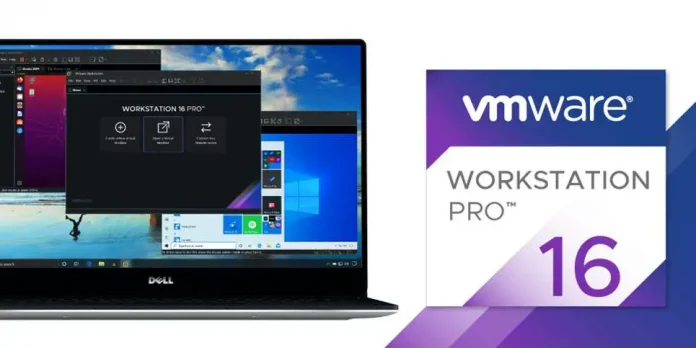Introduction
SQL server is a relational database management solution offered by Microsoft. It can be installed on-premise or in the cloud and is primarily used to store and retrieve data it receives from other applications.
This tutorial outlines the step-by-step process of installing Microsoft SQL Server on Windows 10. We will also show you how to install the Microsoft SQL Server Management Studio.


Prerequisites
- A system running Windows 10
- Access to an account with administrator-level privileges
Install and Configure SQL Server on Windows
Follow the steps below to install Microsoft SQL Server 2019:
Note: If you’re looking for a more lightweight version of SQL Server, check out our guide to installing SQL Express Server.
1. Download the setup file from the SQL Server downloads page. Scroll down until you find the Developer edition and click the Download now button.


Once the download is complete, open the setup file to start the installation process.
2. Click the middle tile to select the Custom installation type.


3. Choose where to store the downloaded installation media files and click Install to continue.


Once the download is complete, the setup window automatically closes and is replaced by the SQL Server Installation Center window. Here, start the wizard to install SQL Server 2019.
4. Select the Installation category on the left-hand side of the SQL Server Installation Center window and click the New SQL Server link to start the installation wizard.


5. The wizard automatically checks for available updates. If there are no updates ready to install, click Next to proceed.


6. The install wizard checks for any errors that might cause problems during the setup process. If it detects any failures, fix them before clicking Next to continue.


7. Choose an installation type. If you are installing SQL Server for the first time, select the Perform a new installation of SQL Server 2019 option and click Next to continue.


8. Choose the version of SQL Server you want to install and enter a product key if you have one, then click Next to proceed. For this example, we are installing the free Developer version.


9. Check the I accept the license terms and Privacy Statement box and click Next to continue.


10. Select the features you want to install. For this example, we are using the Database Engine Services option. Click Next to proceed.


11. Enter a name and instance ID for the new SQL server and click Next to continue.


Note: Once you enter the server name using the Named instance option, the wizard automatically fills in the instance ID field.
12. Set up the service accounts and collation configuration, then click Next to continue. For this example, we are using the default settings.


13. In the Server Configuration tab, select the Mixed Mode method of authentication. Select a user for the role of SQL server administrator and set up a password for their account. Click Next to proceed.


14. The final step offers a summary of the installation. Click Back to return to any of the previous steps and change the installation settings or click Install to start the setup process.


15. Once the setup is complete, the status of setup operations should read Succeeded. Click Close to exit the install wizard.


Install Microsoft SQL Server Management Studio
Microsoft SQL Management Studio (SSMS) allows you to design, query, and manage databases using SQL Server. Follow the steps outline below to install it on your system:
1. Download the install file from the SQL Server Management Studio download page. Scroll down and click the link to download SSMS 18.9.1. Open the install file to start the setup.


2. Choose an install location and click Install to continue.


3. Once the installation process is complete, click Close to exit the setup.


Conclusion
After reading this tutorial, you should have Microsoft SQL Server and SQL Server Management Studio installed and ready to use. Next, work on creating a database!
If you want to find out more about SQL installation on other operating systems, make sure to read our articles how to install SQL server on Linux andhow to install SQL server on MacOS.




